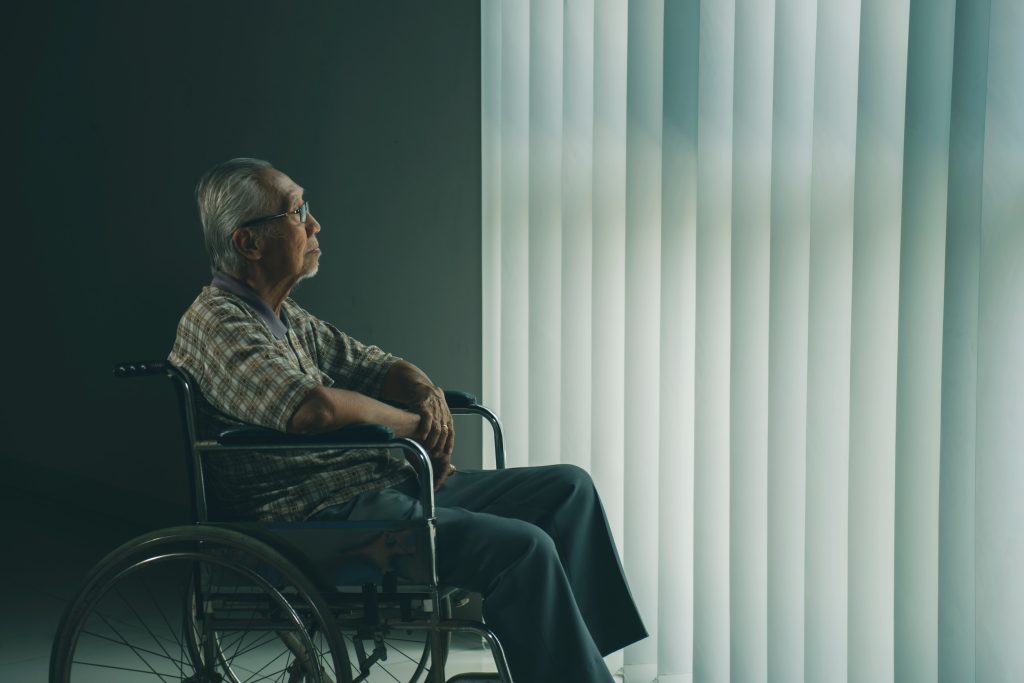
Elder abuse is a silent epidemic. Often, well-meaning family and friends, not malicious strangers, perpetrate it because they are unaware their actions constitute neglect. The definition of mistreatment is surprisingly broad. In fact, actions you consider harmless could trigger a formal report. Consequently, Adult Protective Services (APS) investigates these claims of abuse, neglect, and exploitation. Such an investigation can be a traumatic process for everyone. Therefore, to protect your loved one and yourself, you must understand how others might misinterpret common behaviors.
1. Using Their Money for “Household” Expenses
Perhaps you live with your aging parent to provide care. As a result, it may seem natural to use their Social Security check for groceries, utilities, and rent. However, you can easily cross this blurry line into financial exploitation. You must have a formal agreement or power of attorney that specifies how to use their funds. Without it, others can see this practice as co-mingling their assets for your benefit. For instance, a concerned bank teller could easily file an elder abuse report for this alone.
2. Dismissing Their Pain or Health Complaints
Older adults often have multiple chronic conditions and, therefore, may complain of pain frequently. Because of this, it can be easy to become desensitized. You might start dismissing their complaints as “just part of getting old.” For example, you might delay a doctor’s appointment or fail to refill a prescription. The law can define this as medical neglect, a form of elder abuse. Ultimately, failing to take their health concerns seriously leads to a decline and raises red flags for doctors.
3. Leaving Them Alone for Extended Periods
You have a job, a family, and other responsibilities. Consequently, leaving your elderly relative home alone is often necessary. However, the duration and frequency truly matter. For instance, if the person has dementia or mobility issues, leaving them unsupervised for long stretches is neglect. They may be unable to use the bathroom, make a meal, or call for help. In short, this puts their safety at risk and often triggers an elder abuse report.
4. Over-Medicating to Make Them “More Manageable”
Caring for someone with dementia or behavioral issues can be exhausting. Therefore, it is tempting to give them an extra dose of prescribed medication. You might do this to keep them calm or help them sleep. However, the law considers this a chemical restraint, which is a serious form of abuse. Furthermore, administering medication without a doctor’s order is dangerous. It is also grounds for an immediate investigation.
5. Speaking to Them in a Patronizing or Demeaning Way
Emotional abuse doesn’t always involve shouting or overt threats. In fact, consistently using a “baby talk” voice can be just as damaging. The same is true for publicly scolding them or dismissing their opinions. Ultimately, this behavior strips them of their dignity. As a result, it can lead to depression and hopelessness. A social worker who witnesses this communication could then interpret it as psychological abuse and file a report.
6. Isolating Them from Friends or Other Family
You may believe that some visits are too tiring for your loved one. Or perhaps you think certain relatives cause drama. While you may intend to protect them, preventing outside contact is a classic sign of isolation. Specifically, this is a form of abuse that gives you complete control. It also prevents others from seeing their true condition. Consequently, a relative you deny access to has every right to file an elder abuse report.
7. Failing to Maintain a Clean and Safe Environment
Life is busy, so house cleaning can fall by the wayside. However, when caring for a vulnerable adult, poor hygiene can become neglect. For example, a home with excessive clutter creates a fall risk. Likewise, spoiled food or an unsanitary bathroom creates a hazardous environment. An APS investigator can document these objective facts as evidence of neglect, no matter your intentions.
8. Ignoring Signs of Bedsores or Poor Hygiene
Personal care like bathing can be a difficult task for everyone involved. However, avoiding it leads to serious health consequences. For instance, poor hygiene can cause skin infections. Additionally, failing to reposition a bed-bound person leads to painful bedsores. Since bedsores are a visible sign of neglect, a visiting nurse or doctor must legally file a report upon discovering them.
Shifting from Unintentional Harm to Conscious Care
To avoid a devastating elder abuse allegation, you must shift your perspective. Specifically, move from informal help to responsible caregiving. This means you should establish clear financial boundaries and prioritize medical needs. It also means seeking help when overwhelmed and always treating your loved one with dignity. Ultimately, recognizing that others can view these behaviors as neglect is the first step. This ensures the care you provide is safe, legal, and truly best for them.
What is the most challenging aspect of caring for elderly loved one that people don’t talk about enough? Share your insights in the comments.
Read More:
9 Ways to Get Great Elderly Care Even If You Aren’t Rich
9 Reasons Many Elderly Couples Are Divorcing
The post 8 Things You’re Still Doing That Could Trigger an Elder Abuse Report appeared first on Budget and the Bees.







